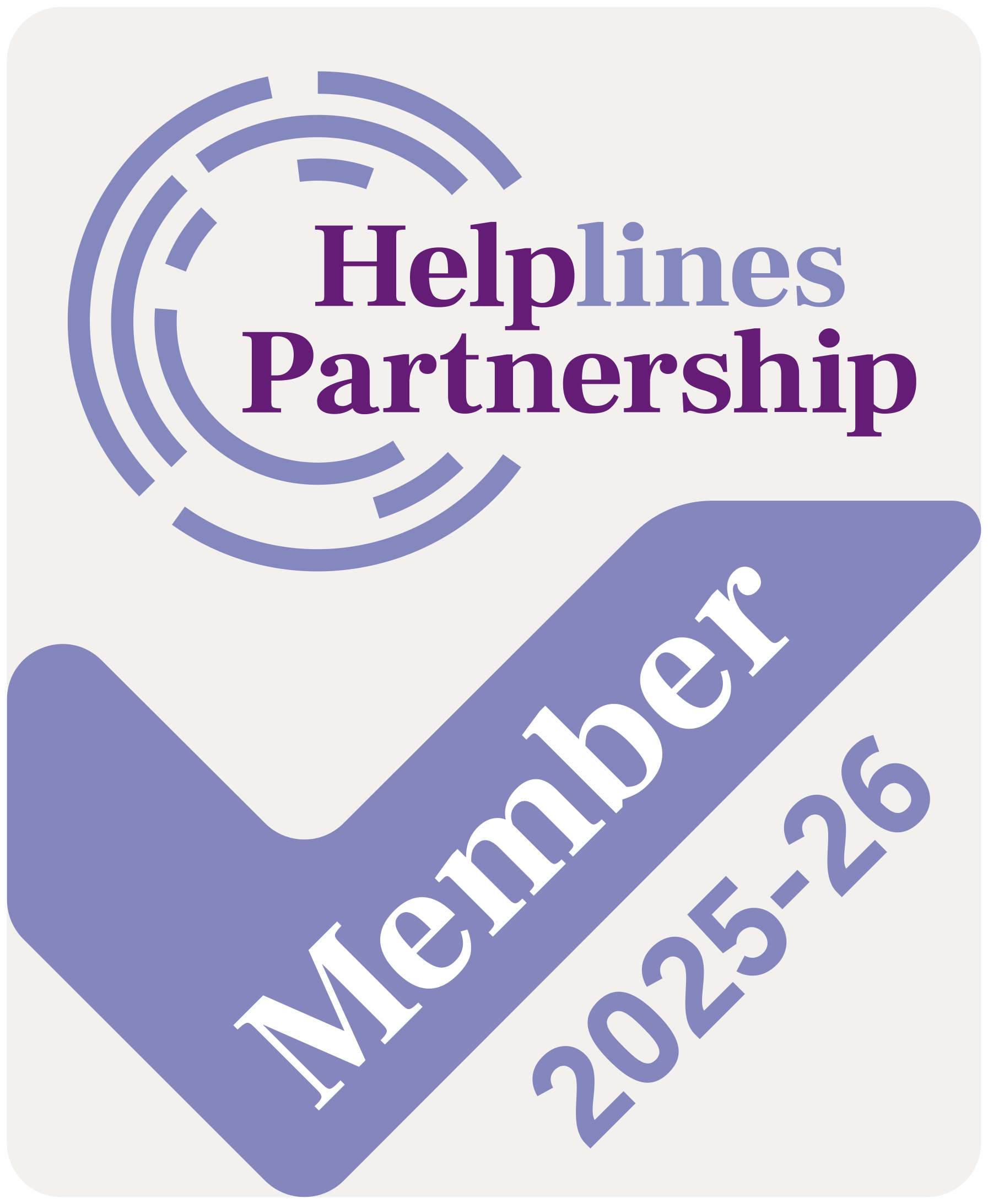Last updated on May 29th, 2025 at 07:29 pm
Gene People, previously known as Genetic Disorders UK, is a registered charity with a vision to improve the lives of individuals and families affected by genetic conditions.
While individual genetic conditions are rare, it is thought that there are currently more than 6,000 diagnosed conditions and new conditions are being identified every day. It is estimated that 1 in 25 children is affected by a genetic condition. This means that in the UK, 30,000 babies and children are newly diagnosed each year and more than 2.4 million children and adults are living with a genetic condition.
Our mission is to be the leading source of information and support for both those affected by a genetic condition, and the charities and patient groups that support them, by bringing together everyone’s combined experience in a place it can be shared.
The University of Exeter conducted an external report of the Gene People helpline, prior to our name change. Titled ‘Genetic Disorders UK genetic counsellor-led helpline: A service evaluation’, the report concluded that the Gene People Helpline provides effective support to a broad range of people concerned about a genetic situation, fulfilling an unmet need in a manner that complements and supports clinical services. Read the full report here.
We are an anti-racist organisation and have published our statement about our position.
Governance
- Safeguarding Adults Policy
- Equality Diversity and Inclusion Policy
- Environmental Policy
- Vulnerable Persons Policy
Gene People are committed to ensuring our services meet the needs of the genetic conditions community and demonstrating our impact. The University of Exeter conducted a service evaluation of our helpline, Genetic Counsellor-led Helpline Service Based in the Voluntary Sector – A Service Evaluation, and the results were presented as a poster at the Association of Genetic Nurses and Counsellors (AGNC) Conference 2021.





